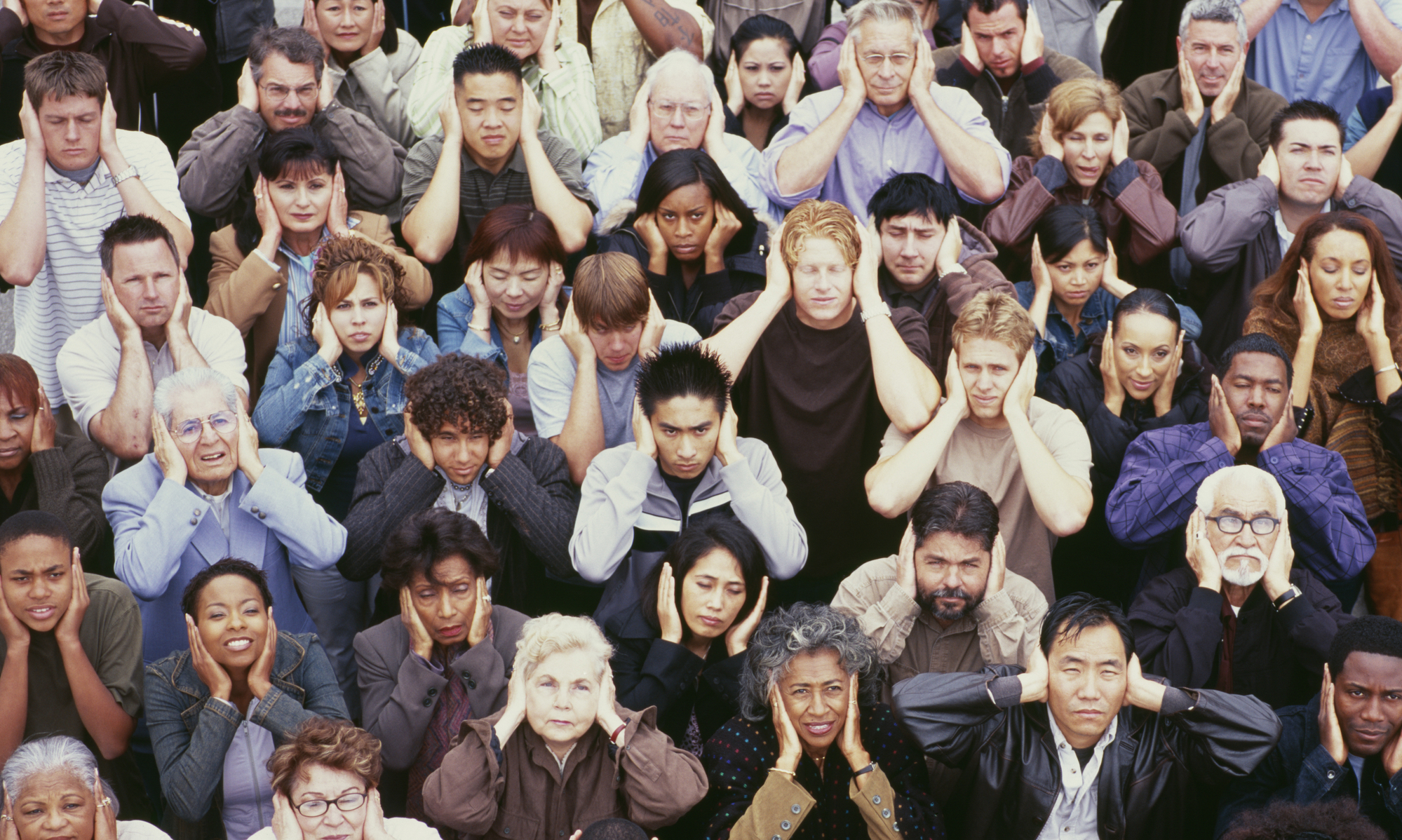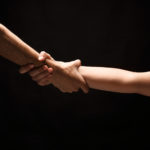Growing up in Turkey, I spent my summers in the small town where my grandparents lived. Every thing in that town was my intimate companion. The street dogs were my friends, the soil my ancestors, and the cherry trees my playground.
I knew every person in our neighborhood—and their parents and their grandparents. I knew who was in love with whom and how well each neighborhood kid played soccer (so I could pick the best teammates during street pick-up games).
When there was a wedding, everyone was invited. And I mean everyone. The wedding announcement would be made on the town’s loudspeakers. During the summer, when there seemed to be a wedding every Saturday, the entire town would gather to celebrate. No one was excluded.
I felt like I truly belonged.
Belonging no longer exists in most communities. The pandemic-induced social separation has simply exacerbated what has been true for a long time. We live in virtual solitary confinement, disconnected from our neighbors, disconnected from nature, disconnected from animals, disconnected from the universe, and disconnected from most things that make us human.
To fix this crisis of belonging, we look to modern-day tribes—Democrats and Republicans, Yankees fans and Red Sox fans, nerds and bros, Crossfitters and Pelotoners. Once we’re in a tribe, we identify with that tribe. We become part of the tribe, and the tribe becomes part of us.
There’s nothing inherently wrong with tribes. They connect us to a like-minded community. But tribalism becomes dangerous, when it turns rivals into enemies, when it suppresses diverse thinking, and when it pushes individuals to do things they wouldn’t do on their own.
Tribes become the magnet to the metal of our craving to belong. They give us assurances that we’re right and morally superior. They force us into different realities where it becomes impossible to see—let alone comprehend—another worldview.
Over time, the tribal identity becomes our identity.
Once identity and tribe fuse, we let our tribes determine what’s appropriate for us to read, watch, say, and think. We pick up social-media cues about what our tribe is thinking, and we toe the line. If our tribe hates Joe Rogan, we hate him too. If our tribe believes immigrants are destroying our country, we believe it too. That warm, fuzzy, satisfying feeling of belonging trumps everything else—including thinking for ourselves.
Be careful if you find yourself in a place where only acceptable truths are allowed. Taboos are a sign of insecurity. Only fragile castles need to be protected with the highest of walls.
In the end, we have a choice.
We can seek belonging in modern-day tribes built on dogma and taboos—which separate us even more from each other.
Or we can find belonging in communities that bring us closer.
We can reject attempts to slice and dice us into groups and subgroups.
We can engage with others even when we don’t endorse all of their beliefs.
We can drop the false simplicity of black-and-white arguments, and delight in the nuanced shades of gray.
We can restore our broken connections to a diverse spectrum of communities.
And we can fully step into the gift of life—seeing difference as a curious delight to learn from, instead of a problem to be fixed.
Bold



